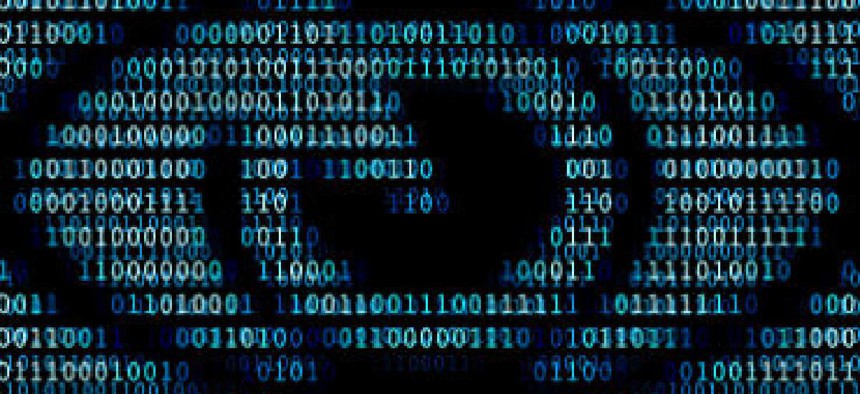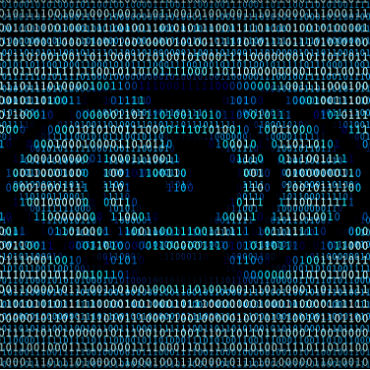Three paths for Congress on spy powers

Privacy advocates and security hawks in Congress are grappling over the future of surveillance.

For months the White House, intelligence agencies and large elements of Congress have been united in emphasizing the need to reauthorize the government's spying powers under Section 702 of the FISA Amendments Act. There is substantially less unity, however, about what form reauthorization will take and which reforms will have enough support to pass through Congress.
Recent weeks have brought at least some clarity to the debate, with a trio of bills introduced in Congress to extend Section 702's sunset date beyond Dec. 31. Each bill can be seen as a proxy for a different faction within the government: those in favor of a "clean" reauthorization, those who want to substantially overhaul the program and those who favor more-modest reforms.
The Senate Intelligence Committee released a bill on Oct. 25, sponsored by Chairman Richard Burr (R-N.C.). The measure comes closest to fulfilling the stated desire of the White House and intelligence agencies for a clean reauthorization. It would extend the program for another eight years, permit what is known as "about" collection with a congressional review structure and demand greater data reporting requirements around how many communications from U.S. persons are swept up every year. ("About" collection refers to the capture of communications that merely mention the person of interest, as opposed to messages sent to or from that individual.)
Critics argue that Burr's bill would actually expand many of the program's most controversial provisions. One Senate aide speaking on background said that a repeat of past efforts by congressional leadership -- using the sunset expiration date to pressure lawmakers into passing the program largely unchanged -- will not fly this time around.
"I think it's highly unlikely that a bill without major reforms could pass the House. We'll see about the Senate," said the aide. "You have a very broad ideological spectrum [pushing for major reform]. "
Neema Singh Guliani, legislative counsel for the American Civil Liberties Union, echoed those thoughts.
"I see [Congress] moving in favor of reform," said Guliani, "just because you're hearing from members of both parties more than you ever have before about their concerns about how broad these authorities have become and how they're being used."
Those in favor of reining in 702 are split between the other two bills' approaches. Guliani's organization is backing a bipartisan bill, spearheaded by Sens. Ron Wyden (R-Ore.) and Rand Paul (R-Ky.), that would legally prohibit "about" collection, impose strict warrant requirements when searching the database for information about U.S. persons, fully staff the civil liberties oversight board and give the body subpoena power to act as a check on intelligence and law enforcement agencies.
For privacy advocates like former Department of Justice official Bruce Fein, the Wyden-Paul approach has the most teeth.
"It doesn't have to depend upon the voluntary cooperation of the intelligence community to determine whether there are abuses," Fein said.
The Wyden-Paul bill has racked up 14 cosponsors in the Senate and has a companion bill in the House, but it's unclear how broadly that support extends. One House aide said there are anywhere between 60 to 125 House members who would vote for something along the lines of Wyden-Paul, but expressed skepticism that it would get enough traction to become a serious contender.
"I think he's going to talk about it and he's got a lot of credibility on these issues…but there's not enough votes to get anything close to Wyden's vision across the finish line," said the aide.
The other avenue for reform comes through the USA Liberty Act, unveiled by the House Judiciary Committee in October. That measure would halt about collection and boost transparency and reporting provisions around incidental collections and unmasking. The unmaking issue has worried lawmakers after a spate of Trump administration officials had their identities and communications with Russian government officials leaked to the press earlier this year.
The USA Liberty Act also would ostensibly close the backdoor loophole, which allows the government to later seek out the content of Americans' communications that were swept up through Section 702 surveillance. However, after initially giving the proposal measured praise, dozens of privacy organizations came out against the bill because of an exemption that would allow searches of U.S. persons' communications if the primary purpose for doing so was to collect foreign intelligence. Guliani said that provision was so broad that it represented "a loophole that threatens to swallow the rule."
While the Trump administration has indicated it will not support certain provisions like a warrant requirement, it may ultimately be difficult to veto any reform bill that makes its way through both chambers. According to that same House aide, while it's not yet clear how far reform will go, there is general alignment within majorities in both chambers on the need for reform.
"When the single thing that you can guarantee will not pass is an open-ended authorization," the aide said, "giving the finger to Congress is not in [The White House's] best interests. "
NEXT STORY: U.S. ports lack key cyber tools


